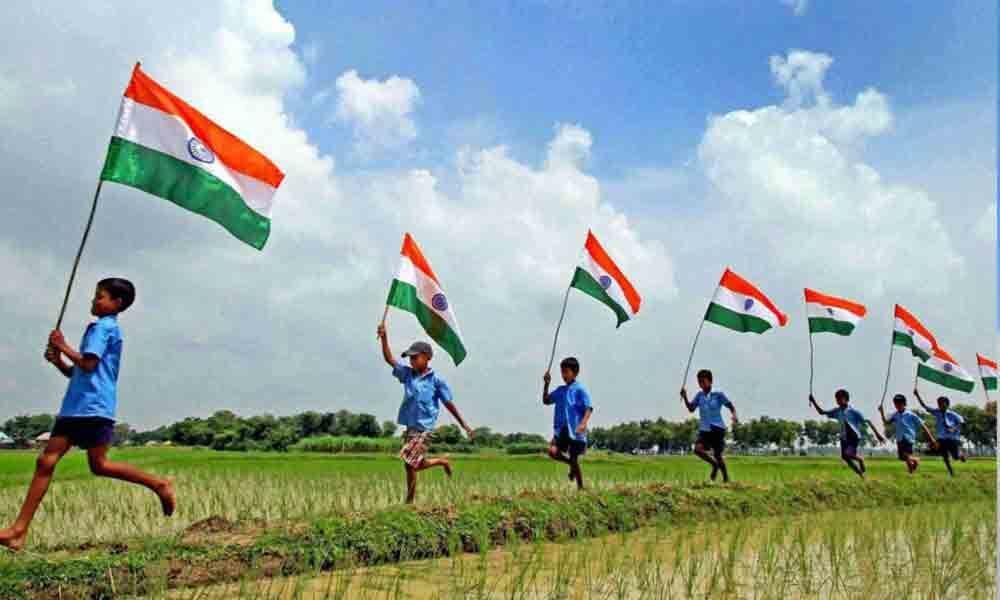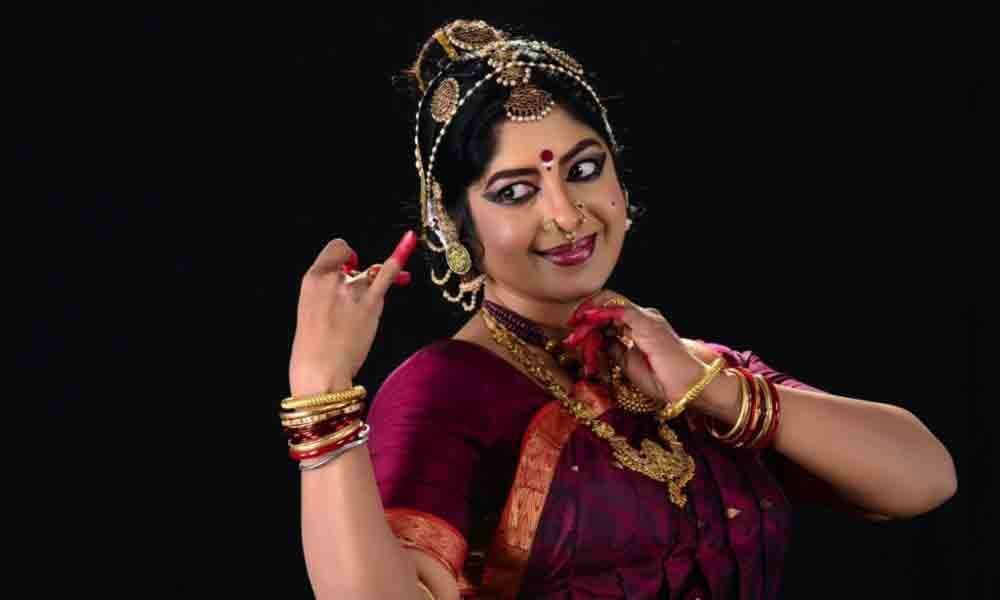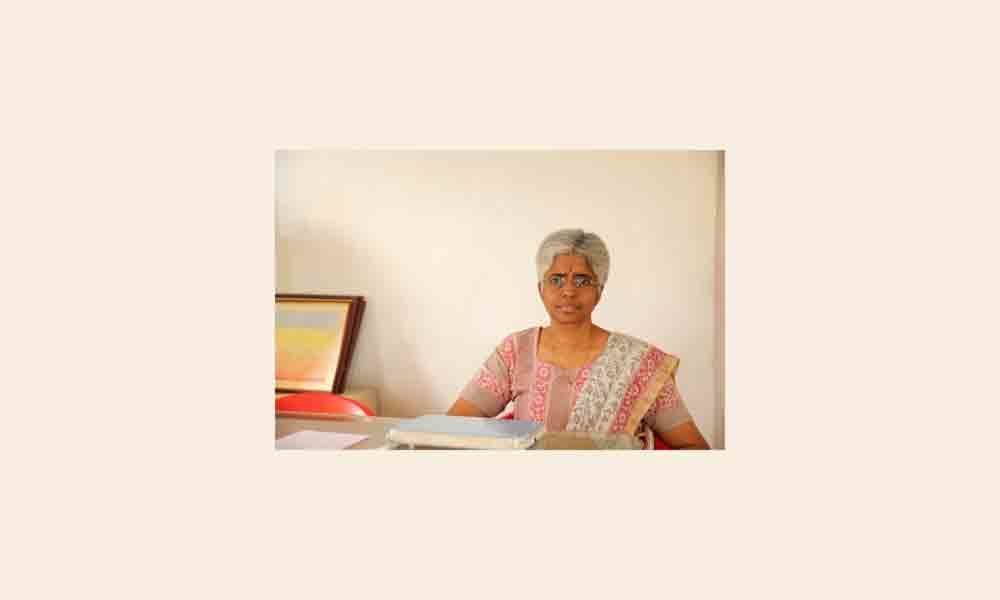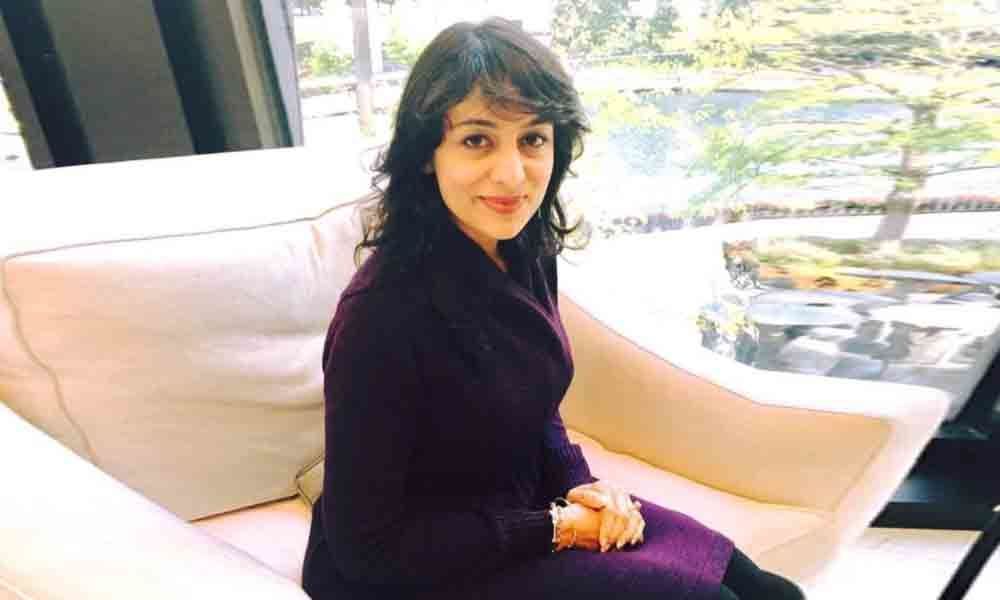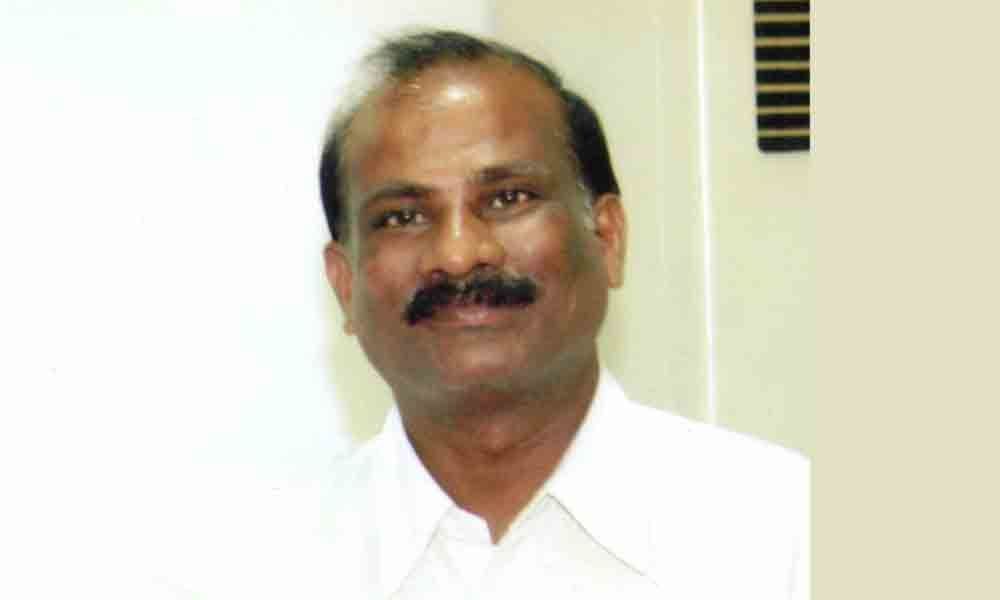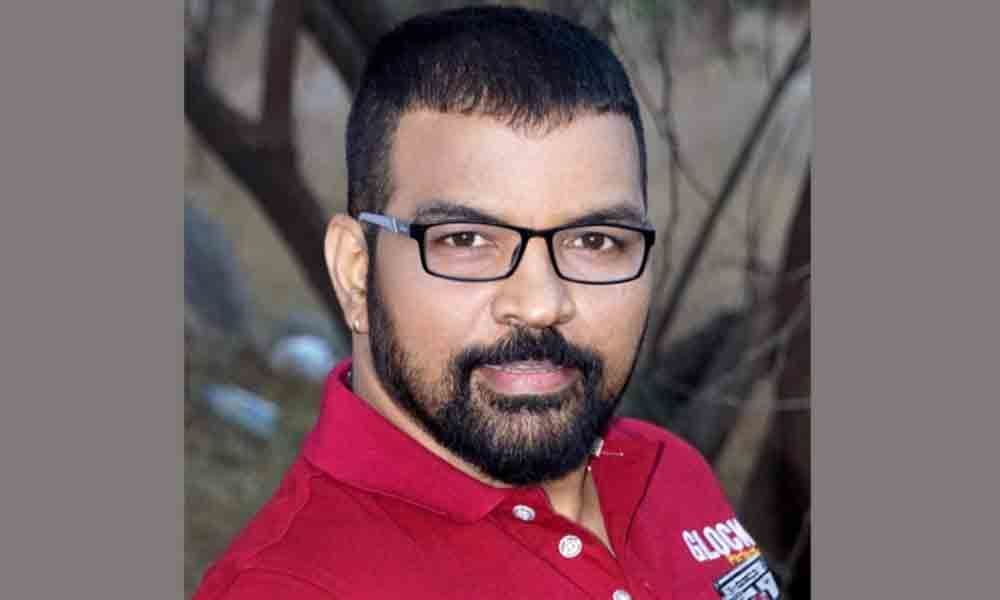Live
- Veer crowned PGTI Ranking champion, Shaurya wins emerging player honour
- Sr National Badminton: Unseeded Rounak Chauhan, Adarshini Shri reach singles semis
- Punjab seeks central assistance to strengthen security in areas adjoining Pakistan
- Malaysian national held from Tamil Nadu for cyber fraud of Rs 2.81 crore
- Child marriage will be eradicated by 2026: Assam CM
- PMK President Anbumani Ramadoss urges TN government to act against online gambling
- From defence to culture and sports, India and Kuwait sign key agreements during PM Modi's visit
- Mahakumbh 2025: 110 mist blower machines and 107 fogging units to keep Akharas insect-free
- Piyush Goyal participates in Mahila Shakti Shivir event, calls Bima Sakhi Yojana 'a revolutionary initiative'
- Death toll from Cyclone Chido in Mozambique rises to 94
Just In
Freedom and happiness are intrinsically linked and all of us derive happiness from the freedom to make choices and pursue them. Many theories detail the finer aspects of life's journey, but most agree that it is indeed a quest for happiness linked to freedom that is not tucked away in the future but experienced along the way. To find who and what makes you happy may seem like a simplistic goal, but it is at one level also the most difficult. Dr Kathleen Hall, an expert in preventive medicine clearly points this out in her book 'A Life in Balance: Nourishing the Four Roots of True Happiness'. She says, "True happiness is the ultimate feeling of freedom. You experience the freedom of choice when you live from inside out, not allowing your happiness to be defined by the traditional benchmarks but creating your own. Listening to the inner voice and trusting your choices will lead you to a life of happiness." Personal freedom, however, comes with self-regulation which hinges on clarity about the boundaries of one's freedom and non-interference with the freedom of another. Free people are happy people, says author Arthur C Brooks but the rider is the responsibility associated with freedom. "Happiness requires that we use freedom responsibly, which means both as individuals and as a nation balancing abundant liberty with healthy personal morality."
What then are the issues from which we want freedom as individuals as the nation celebrates the day it became free? While freedom has different connotations for different people, there exist commonalities that most individuals including the millennial generation agree upon as essential to happiness. Topping the charts of the four most important aspects that free individuals from bondage would be health and wellbeing. This includes the stress of negative emotions and dealing with challenging situations that manifest as disease. Holistic health is most essential for experiencing freedom and happiness in one's chosen field says Dr Swapna Narendra, an Anthroposophic physician. Anthroposophy is a form of alternative medicine devised in the 1920s by Rudolph Steiner and based on a spiritual philosophy that deals with the body-mind connect. "According to Steiner, a person needs to be free of illness in body and soul to manifest his humanity and this healing is aided by education. The core attributes that make man the pinnacle of creation - the ability to think, to feel, to empathise, to have compassion and the will to move mountains if required. This and much more is man," she emphasises.
Freedom of choice pertaining to education and career is a matter of concern as the world becomes more competitive and parental expectations become a source of stress for the entire family. The destructive rat race rarely gives joy and is part of life's travails in which people are drafted to participate without rhyme or reason. A change in mindset accommodating the views of students are mandatory feels P Poornachander Rao, founder NICE (Needy Illiterate Children's Education) who is aghast that comparison rather than aptitude determines educational choices in the urban landscape. "At our institute children are from poor and underprivileged families who are grateful for the gift of education that is crucial for employment. Most students studying in corporate educational institutions, however, are greatly stressed as they are pursuing studies that they are not interested in because of parental and peer pressure," he avers.
The freedom to choose one's course of study and take up interesting careers in a new technologically driven globalised world bursting with a zillion new vocations is a cherished one and addressed very well by the Multiple Intelligence theory propounded by Howard Gardner opines noted educationist and Director, Glendale Academy International, Anjum Babukhan. "We have adopted the MI methodology, which helps students identify their strengths and career paths. Freedom in education is to learn from the smorgasbord where one has a wide array of options," she adds. Empowered education and career choices we know guide other personal choices as well.
Restrictions on speech and expression are stifling in a country where noted writer Amartya Sen's 2005 book 'The Argumentative Indian' remains as relevant as ever. Not being able to have your viewpoint as an individual, not necessarily in an argumentative manner can be a bitter pill to swallow. Family or work environments which do not allow individuals to be themselves are impediments to progress and restrict happiness. This is reflected in either aggressive or withdrawn behaviour. Freedom from this restriction is possible with a shift in attitude says Dr SV Nagnath, Astro-Psychologist. "The problem is we are becoming a 'feeling-oriented' society. The feeling is not freedom. Your expression or lack of it is not so important but your patience and persistence are. These qualities can help you create a choice for yourself and put you in a situation where you take responsibility for your action and become free of limitations," he adds.
Discrimination of all kinds create negative feelings and freedom from discrimination based on gender, caste or class is a desirable goal that remains unattained despite the great progress achieved in the many decades since independence. Freedom from gender-based discrimination is possible when women have confidence in themselves and their capabilities according to Dr Alekhya Punjala, eminent dancer and the first woman registrar of the Telugu University. "To be yourself and get recognition for your hard work are very important. Most often people have pre-conceived notions or ideas and expect you to fit into a certain mould based on gender. To overcome bias and constant evaluation and have the freedom to make choices and be respected for them, are crucial to empowerment and true freedom," she opines.
There is however a slight distinction between freedom from something and the freedom to be something. The two sides of the freedom coin are attained only when we change our thoughts as true freedom begins from the heart. Having identified the negatives we need to break the shackles that bind us. Freedom then is not up for sale. It is not to be given. It flows from the heart and can only be experienced.

© 2024 Hyderabad Media House Limited/The Hans India. All rights reserved. Powered by hocalwire.com






